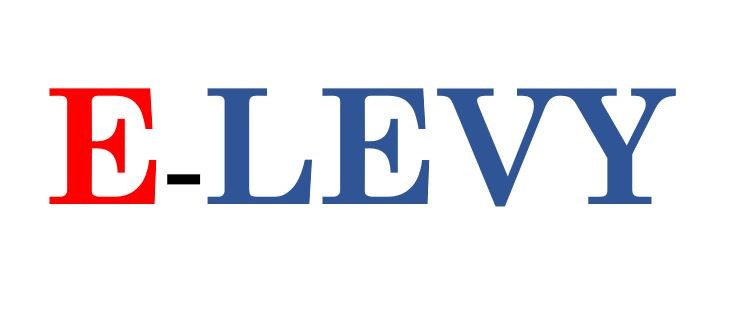Fintech firms such as OPay, Moniepoint, and others have begun deducting N50 Electronic Money Transfer Levy (EMTL) from transactions exceeding N10,000.
The fintech firms assert that this deduction conforms with the requirement of the Federal Inland Revenue Service (FIRS) and that monies will be remitted to the nation’s tax authority.
This required deduction is anticipated to increase PoS charges and affect Nigerians who mostly rely on these services for cash transactions.
Read also: CBN imposes penalties on banks for cash withdrawal violations
Message to customers
The EMTL, which previously applied to commercial banks only, is now applicable to all fintech companies, including OPay, Moniepoint, PalmPay and so on.
This extension might be related to efforts by the federal government to increase its revenue by raising taxes and levies.
The fintech companies sent out a brief notice to their clients to inform them of the new development.
Opay wrote, “Dear customer, in line with the FIRS, the EMTL applies starting December 1st, 2024.”
Moniepoint states, “Dear customer, you will be charged stamp duty of N50 on inflows of N10,000 and above. Moniepoint collects and remits this on behalf and to FIRS.”
Read also: Nigerian government proposes 5% tax on telecom, betting and gaming services
What you should know about the Electronic Money Transfer Levy (EMTL)
In Nigeria, electronic money transfers or receipts are subject to a one-time fee of N50 known as the Electronic Money Transfer Levy (EMTL).
It covers all electronic money transactions within a bank or financial institution regulated in Nigeria, with the following exclusions: Transfers under N10,000; Funds transferred to one’s personal account; Funds moved electronically between the same owner’s accounts at the same bank.
The Finance Act 2020 included the EMTL to promote the expansion of electronic money transfers in Nigeria.
All three levels of government receive a portion of the EMTL’s revenue. The federal government receives 15 percent of the revenue from the EMTL, state governments receive 50 percent, and local governments receive 35 percent. This distribution is based on derivation.
FIRS in December 2022, instructed deposit banks to deduct and remit the EMTL on foreign currency transactions.





Leave a Reply